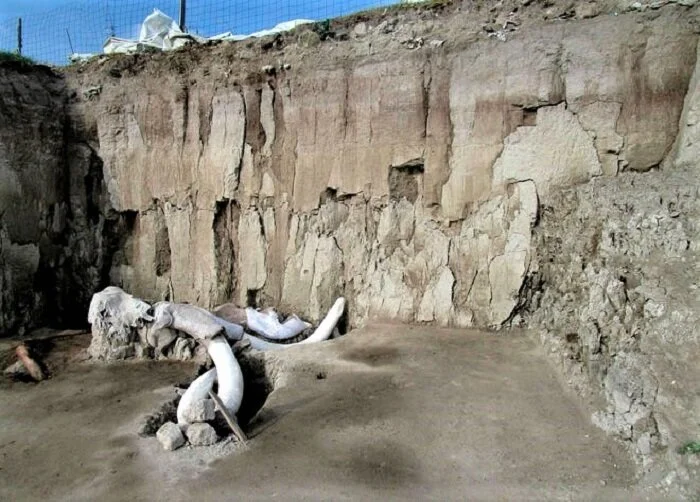Louis Vuitton Eyes Sustainable Future With Sneakers Breaking New Ground
/Louis Vuitton’s unisex Charlie sneaker. Courtesy of Louis Vuitton
Meet Charlie, Louis Vuitton’s first unisex sneaker, produced using 90 percent recycled and bio-sourced materials. Scheduled to launch on November 12, the Charlie features a sole that’s minimally 94 percent recycled rubber.
Charlie’s upper is composed of smooth and grained synthetic material, produced from recycled polyester with a layer of Biopolioli, a corn-based plastic. The tongue patch, back of the shoe and LV logo are made with Econyl regenerated nylon created from nylon waste such as fishing nets, fabric scraps and industrial plastic.
Econyl has become a significant material used by Burberry and Prada, Candice Swanepoel in her Tropic of C Swimwear, Nike and more. In fact, interest in Econyl — a regenerated nylon made by Aquafil — is so strong that parent company Aquafil has created a B2C platform for conscious consumers.
Christelle Capdupuy, global head of sustainability at Louis Vuitton, agrees that LV’s sustainable offering remains small. But it’s steadily expanding as outlined in the brand’s sustainable development plan, titled “Our committed journey.”
Virgil Abloh Giovanni Giannoni/WWD; The LV Trainer Upcycling sneakers designed by Virgil Abloh. Grégoire Vieille/Courtesy of Louis Vuitton
Recently promoted LVMH artistic director of Vuitton men’s collections has been the sustainability policy’s biggest advocate, introducing a new Upcycling Signal Logo emblem with his spring 2021 collection, writes WWD.
The logo credited to Gary Anderson has now been adopted throughout the Louis Vuitton brand, earmarking all products that are either upcycled. or contain at least 50 percent of recycled and bio-sourced raw materials, Capdupuy explained.
By 2025, Vuitton aims to use 100 percent responsibly sourced raw materials; switch to 100 percent renewable energy in its production and logistics sites, and have all products comply with an eco-design process. This places the brand ahead of parent company LVMH Moët Hennessy Louis Vuitton’s groupwide “Life 360” program.
Progress has been significant, as detailed by Capdupuy. By the end of 2020, 52 percent of Vuitton’s raw materials were already responsibly sourced. Among them, 78 percent of the leather used came from Leather Working Group-certified tanneries, and 67 percent of cotton was certified.
“It’s not easy to change the way we do things,” she admitted. “So at some point, it’s very interesting to test yourself on a product. The Charlie is the result of a collaboration between marketing, the environmental division, our production site in Italy and our suppliers. It’s allowed us to test and source the most ambitious raw materials, in terms of environmental impact, and now we’re learning.”
The Charlie sneakers will be available in U.S. sizes 3 to 13, carrying a price tag of $1,080 for the low-top version and $1,130 for the high-top style. Packaging is a 100 percent recycled cardboard box with an afterlife as a shopping bag. Its handle is made from Tencel fibers originating from renewable wood sources.

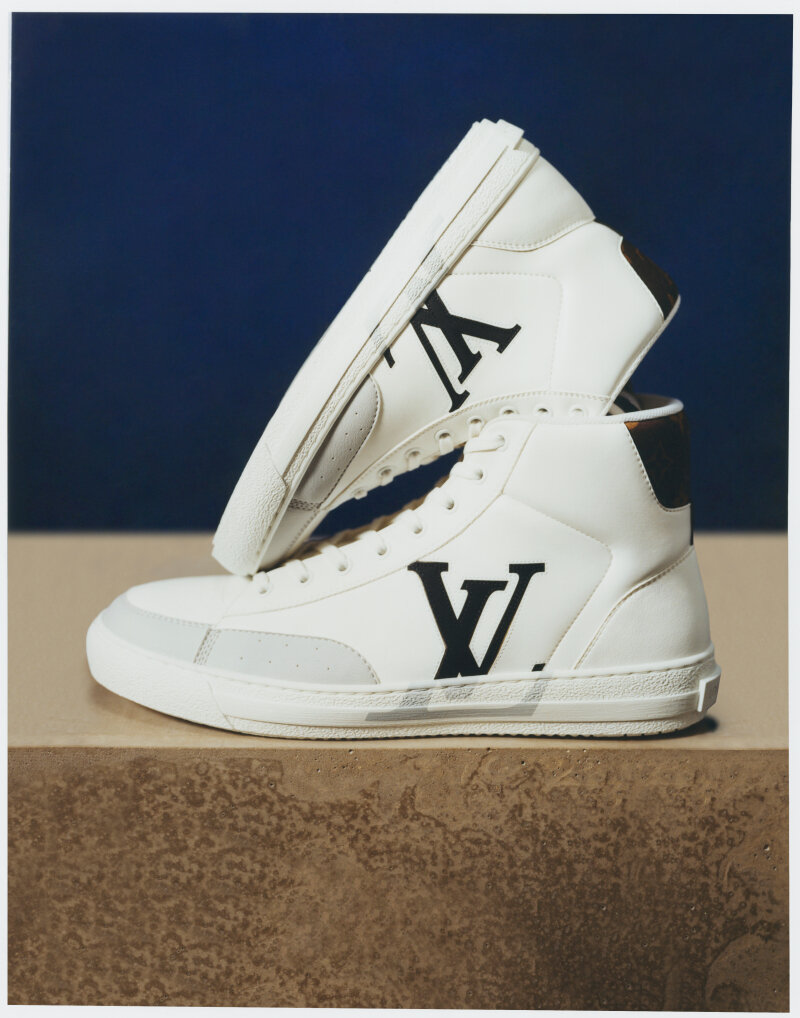
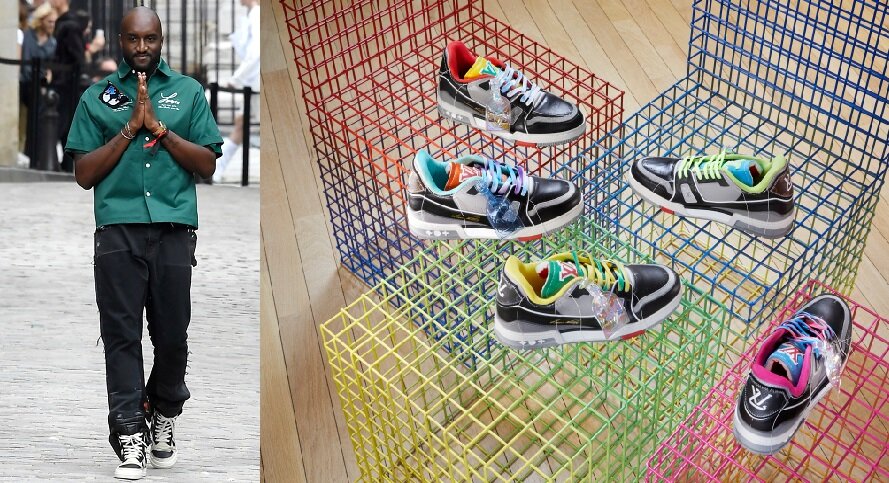
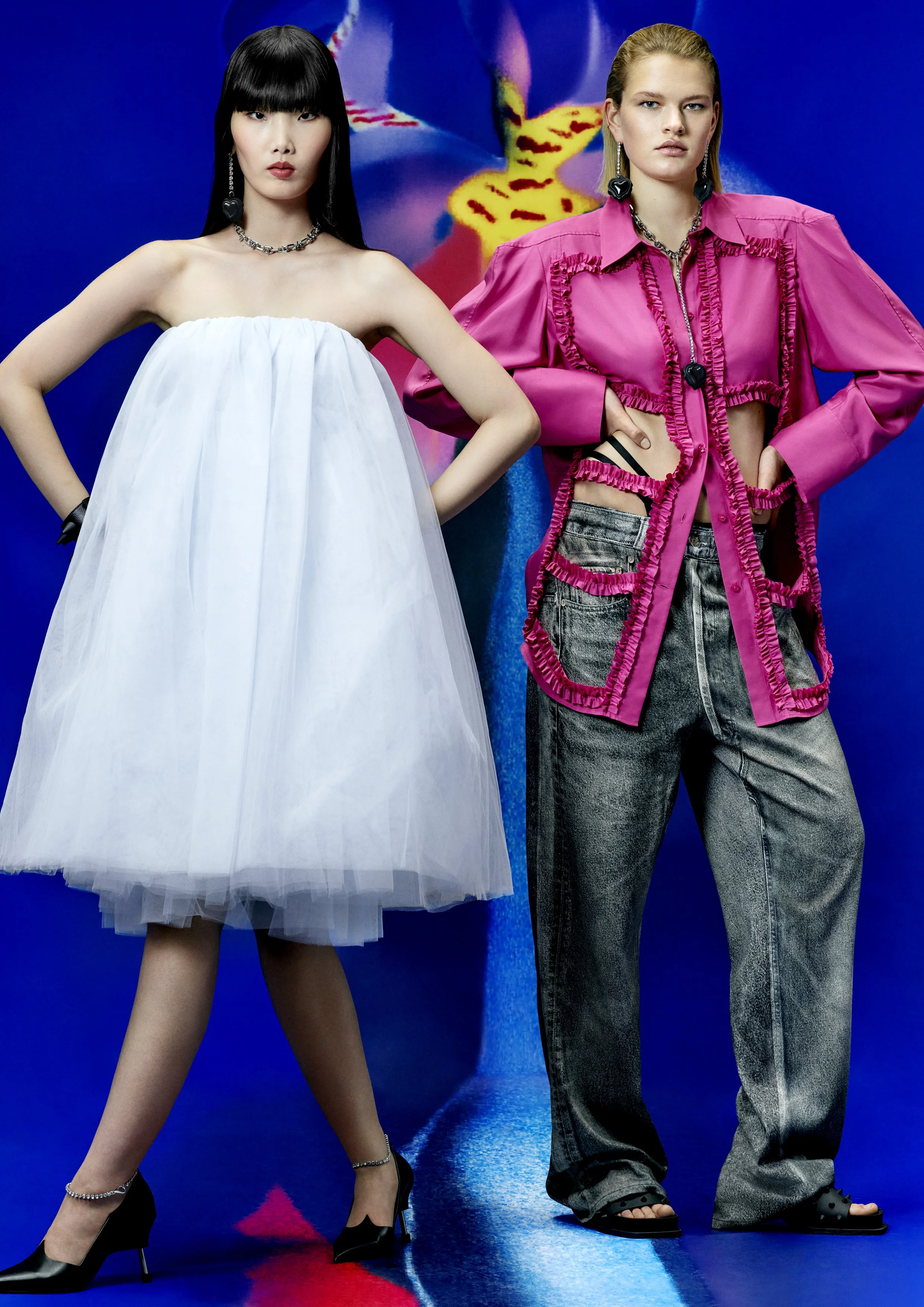
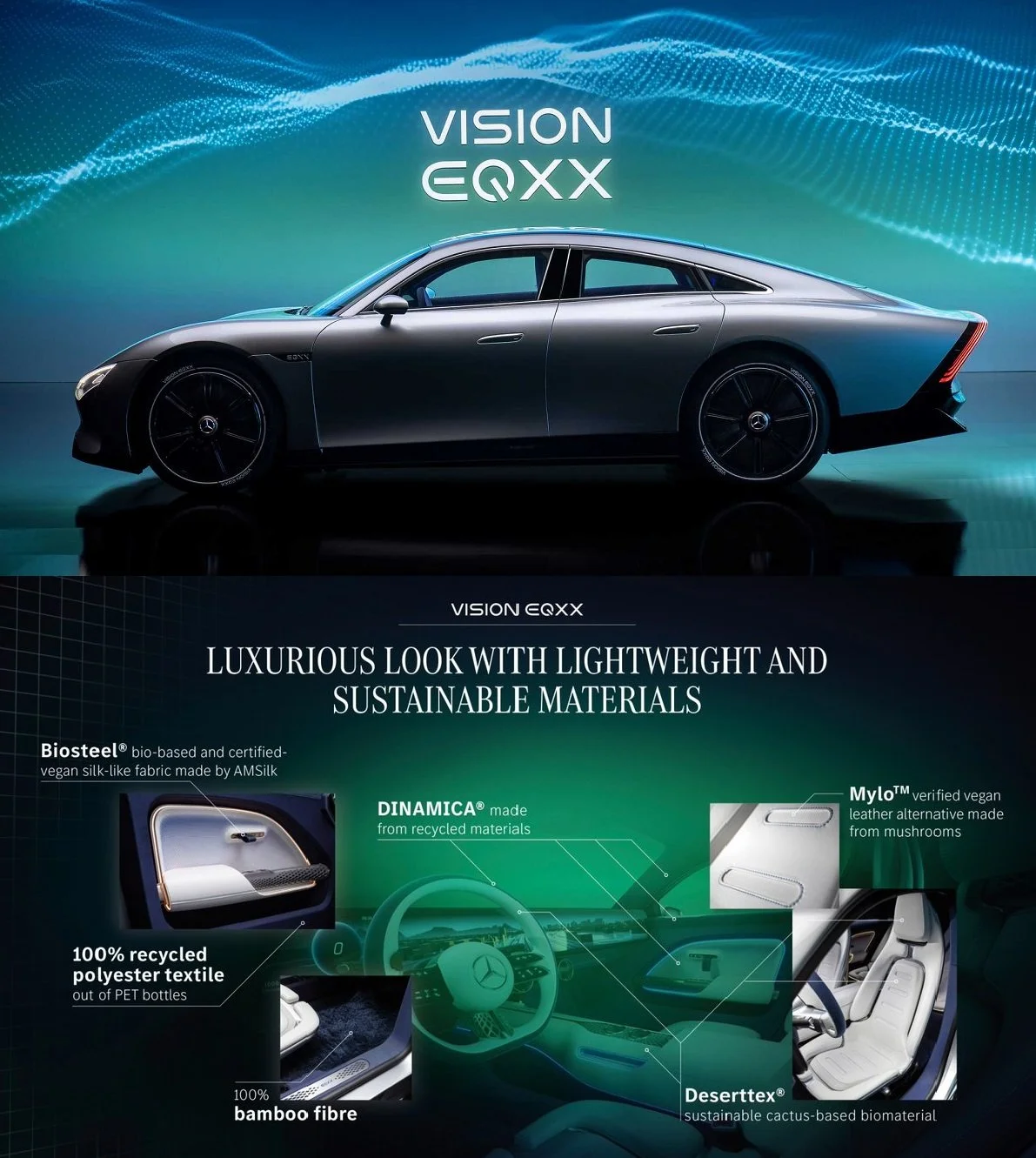
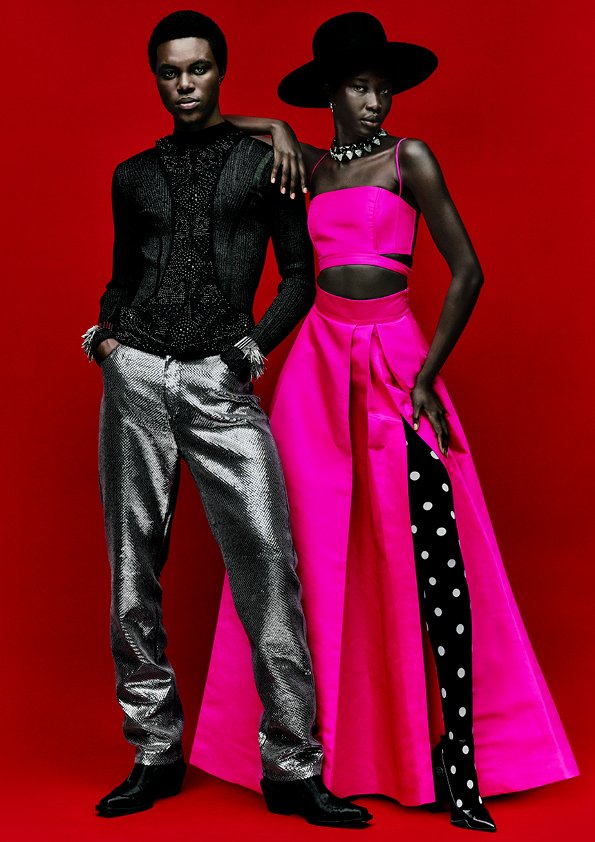
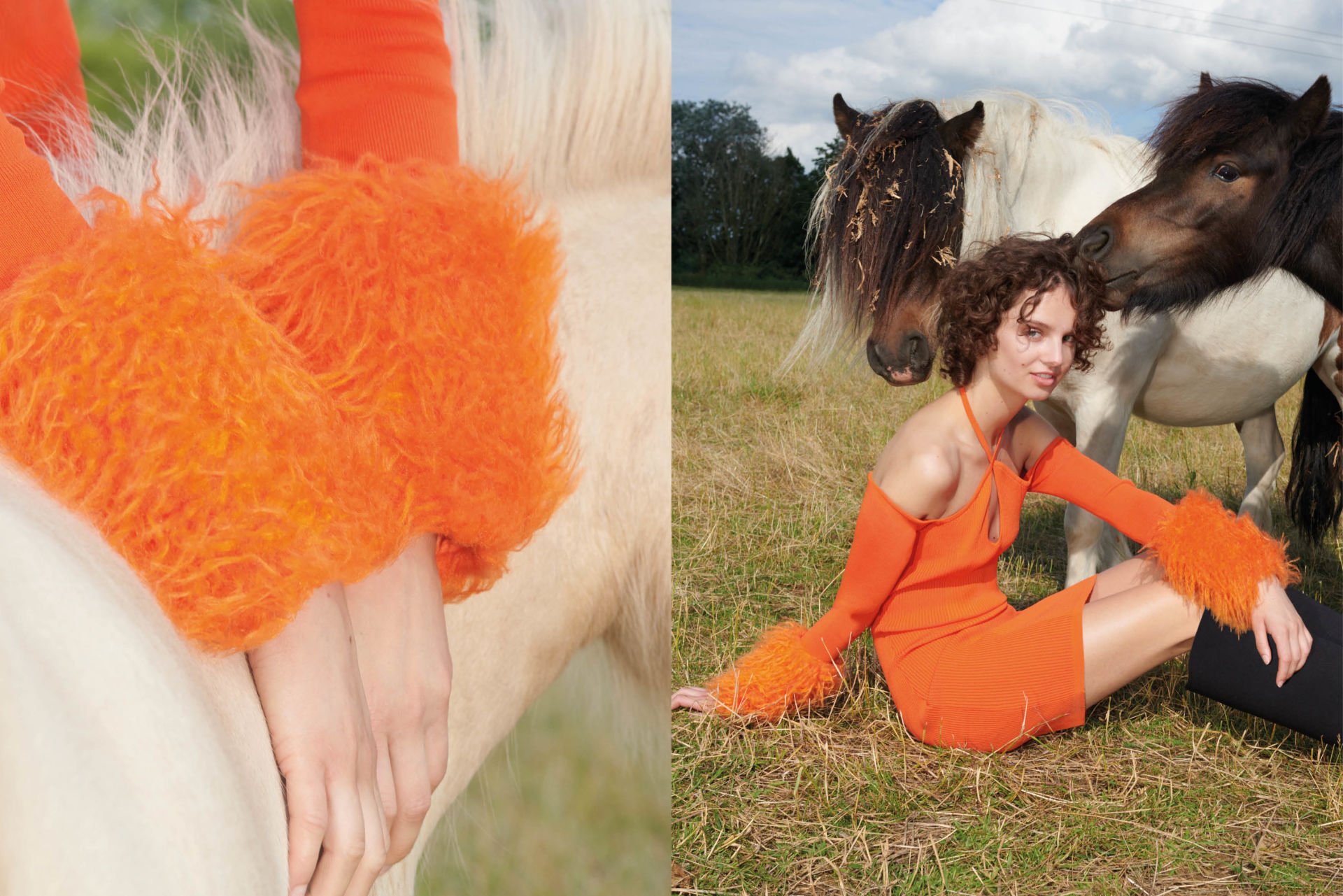
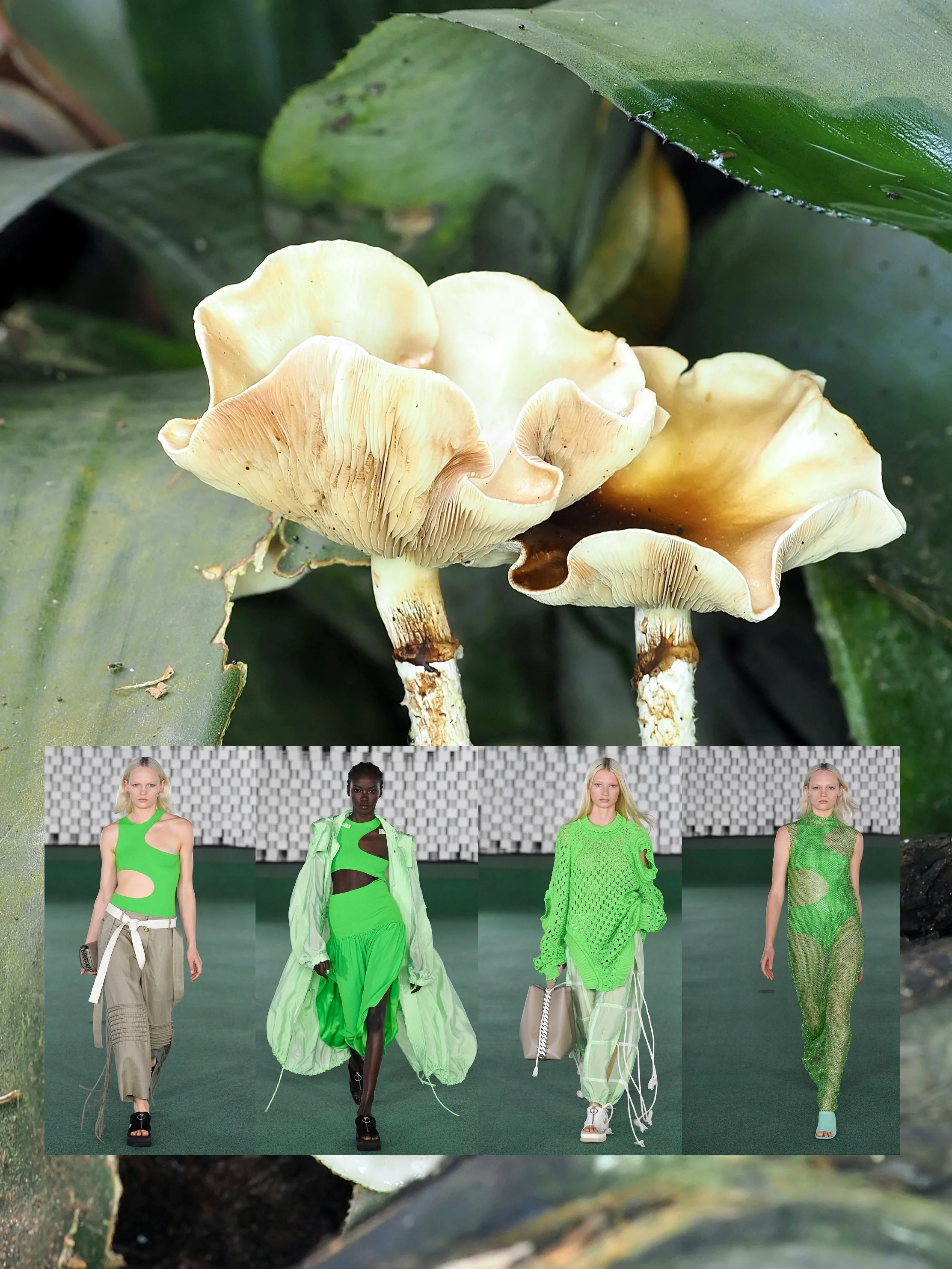
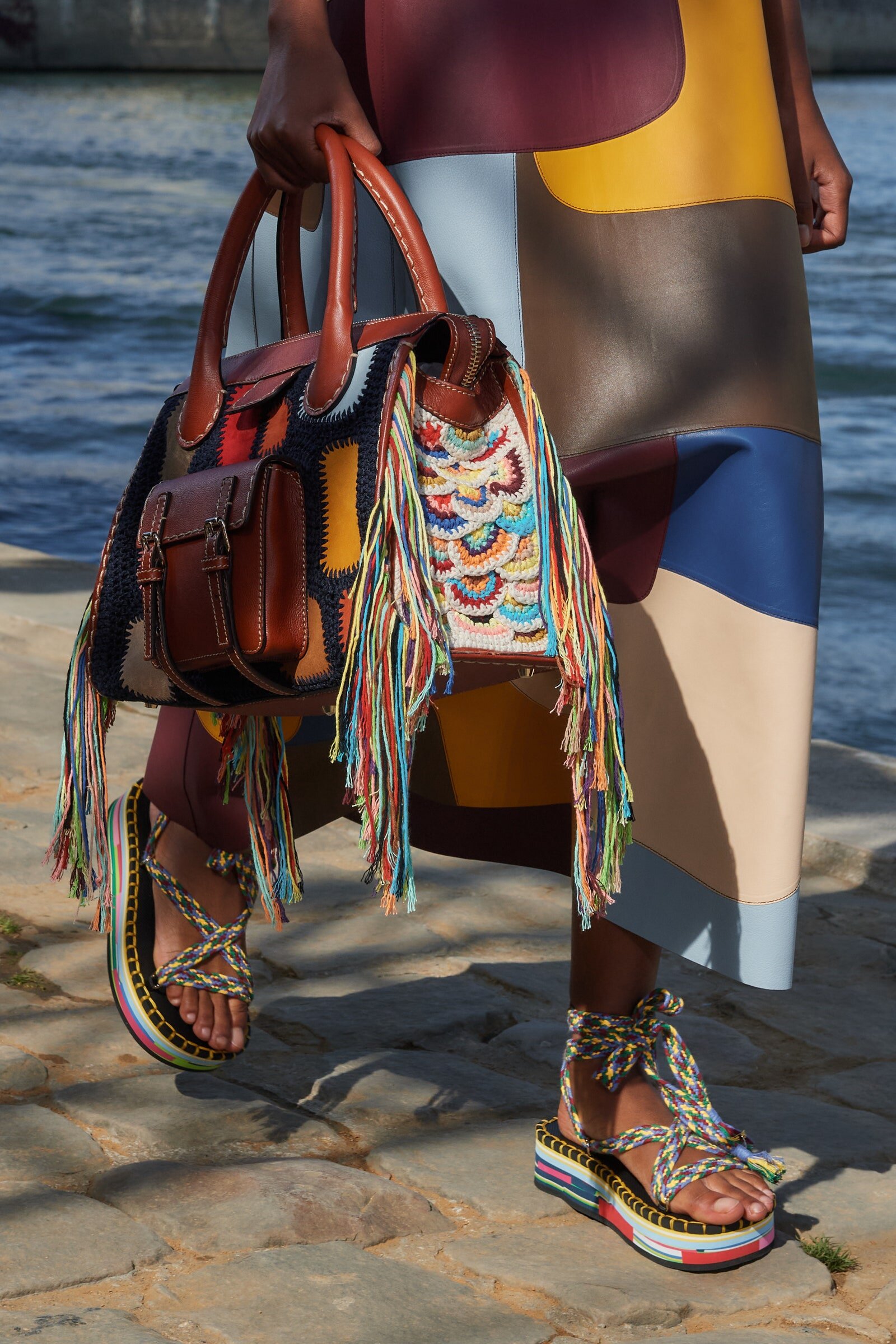


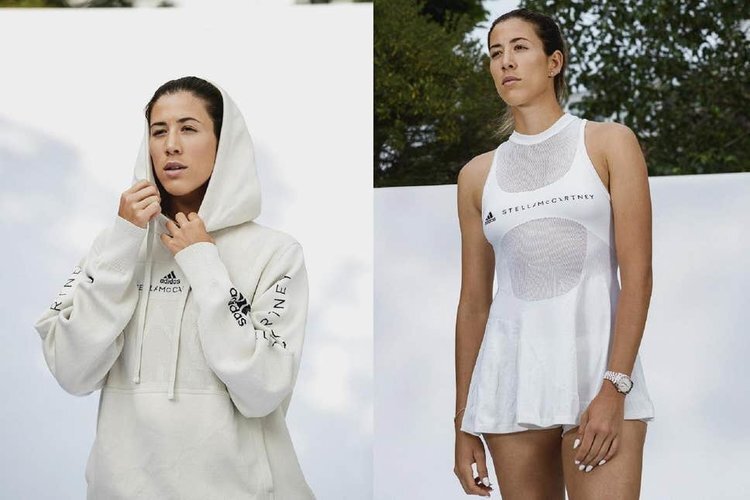







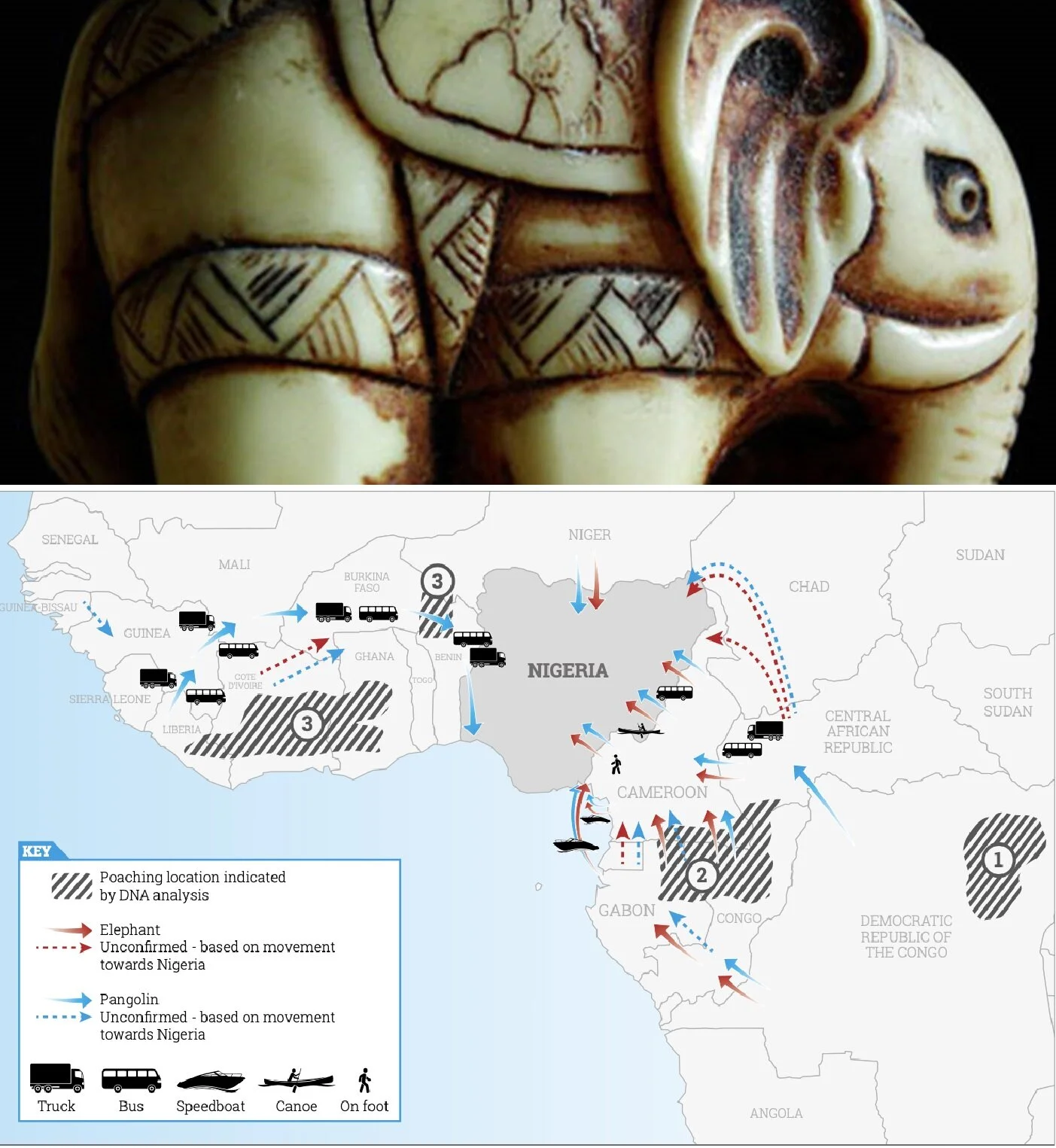



![Into-the-Okavango_[Neil-Gelinas]_3-dbl.jpg](https://images.squarespace-cdn.com/content/v1/55f45174e4b0fb5d95b07f39/1561937163642-AJXZW3I471QGTYL0AE03/Into-the-Okavango_%5BNeil-Gelinas%5D_3-dbl.jpg)


